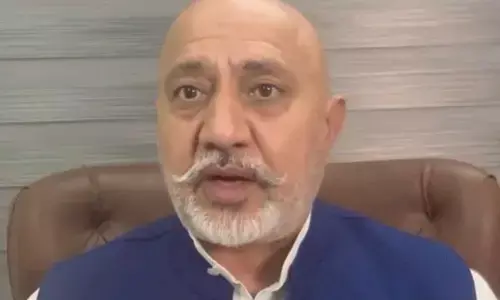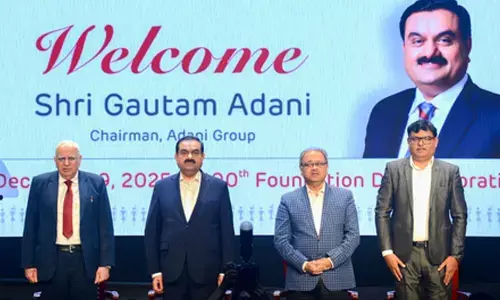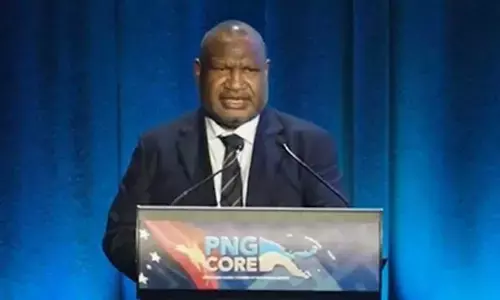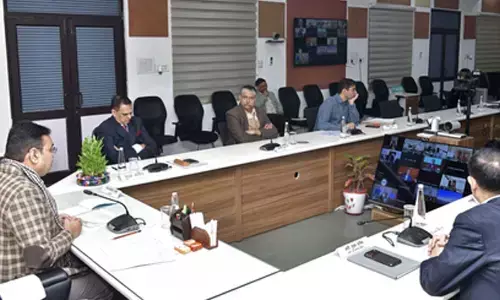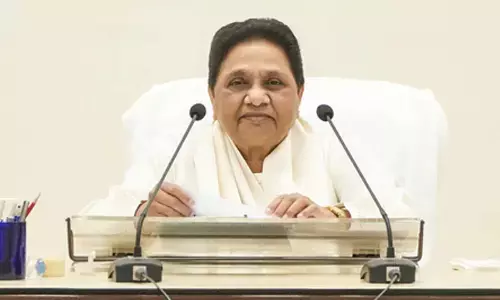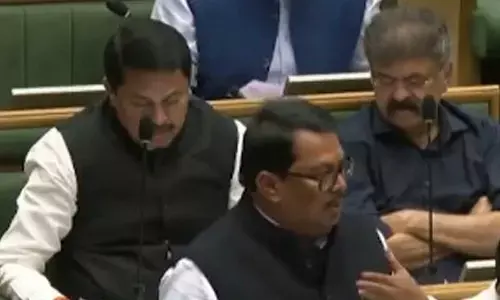Medium of Instruction in English in Schools is in debate as Union Government new policy suggests it in mother tongue

Union Government in its National Education Policy suggested that the medium of primary school education
As the Union Government in its National Education Policy suggested that the medium of primary school education, up to 5th standard must be in mother tongue
Amaravati: As the Union Government in its National Education Policy suggested that the medium of primary school education, up to 5th standard must be in the mother tongue, it became a major setback to the State Government's initiative of converting the medium of instruction from Telugu to English. Even though the State government is appreciating the Government of India's Education Policy, which was introduced on Wednesday, it was not opening its mouth on the medium of instruction.
In fact, the state government has been fighting in the courts for the introduction of English as a medium of instruction.
Demanding school education in the mother tongue, Ramesh Babu Saamala, President, Telugu Bhashodyama Samakya said that the State government was considering the conversion into English medium as a prestige issue. The State government should not see school education as a prestige issue, but they have to make the decisions for the larger benefit of society.
He added that the central government only brought the policy but not legislation. If the central government would enact it as legislation, then it would be binding on the state government, he observed. At the same time, he maintained that, even before the union government introduced this new policy, there was a Right to Education Act, which stipulates the governments to allow students to study in their mother tongue. He said that the High Court quashed the GO issued by the State government to convert the medium of instruction and then the issue is in Supreme Court. He opined that if the government will withdraw from its decision and continue the Telugu as a medium of instruction that would be better for society.
High Court advocate Indraneel Babu Karumanchi said that the State government can't compel the students and parents on the medium of education.
He said that Section 29 (2) (F) of the Right To Education Act says that as per as practicable the education must be in the child's mother tongue. It is mandatory that the primary education must be in the mother tongue. However, the medium of education falls under Article 19 (1) (A) of the Constitution of India, which is related to the freedom of speech and expression. The parents and students have the right to select the medium of education. The government cannot compel the students into any medium of education. If the government compels then Article 19 (1) (A) will be undermined. It is the duty of the State to provide education in the student's mother tongue, he added.
Meanwhile, N Tulasi Reddy, APCC Working President welcomed the new Education Policy. He said that the medium of instruction must be in the mother tongue. The whole world has been following this concept and in our state, we also should promote our mother tongue Telugu in primary education, he opined.








